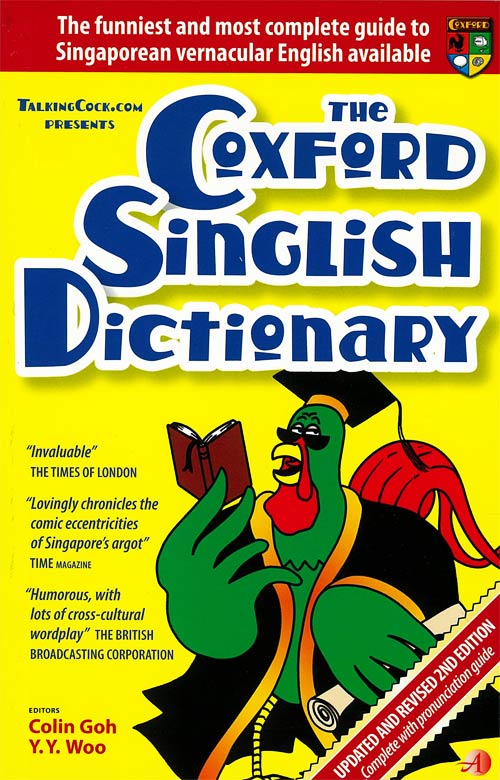I conducted an English lesson for a Primary 5 class recently. The pupils had earlier been asked to write a book review, and I wanted someone to come up and present it to the class.
Five hands went up. I beckoned to one. She came up, with her review in hand, and did her presentation, hardly once referring to her notes. And she did it so eloquently and grammatically sound. Alas, she was not a Singaporean.
Next one? He, too, did his presentation almost flawlessly. Again, he, too, was not a Singaporean.
Could I have a Singaporean, please? I looked around. Pin-drop silence… but no Singaporean wanted to venture. The third foreigner also did it so admirably. Better still, I discovered that she hadn’t even completed writing her review. Yet, she did it so spontaneously. Impromptu fashion.
“I read the whole book, so it was just about knowing the story and relating it to the class,” she said so matter-of-factly.
Why couldn’t a Singaporean do it? I began to wonder. I then asked a few Singaporean students, including the class monitor. All declined. Why, I asked. After all, they did complete their reviews. All they had to do was to go up to the front and tell their classmates the synopsis. No dice.
But that was not all that I learnt that day. When I was fumbling with the visualiser cables to show them something on the projector screen, a girl came up and instinctively lent me a hand – without my asking. You guessed it. It was another child from the same diaspora. Where were our Singaporeans?
Thoughts began to fill my mind. On the one hand, the Singaporean child, who was already bright in that particular class, stood to benefit by learning from his more precocious foreign counterparts in his bid to match or even outdo them. There was competition created. And it is always through competition that standards begin to rise.
But on the other hand, how is it that this particular expat community could do so well in public speaking, as well as in showing initiative, whereas the average Singaporean child could not? I was told that there was heavy competition to do well within that diaspora itself. Which isn’t such a bad thing, is it?
Of course, one could say that one swallow doesn’t make a summer. That there could be Singaporean students out there who would easily outdo their foreign counterparts in public speaking.
But from my own experience teaching in our local schools, if there are such Singaporean students, they are few and far between, found only in the elite schools. Not in a neighbourhood school where this incident took place.
In any case, over the next few days, I was delighted to see these same eloquent speakers from the same diaspora, one by one, appear in front of the whole school to tell a few stories with hidden morals. Without a single glitch. This was certainly a lesson for us all.
Our kids should know that life is not just study, study, study. For exams! They should know that education also incorporates learning about social graces, community service, public speaking, showing initiative, and a host of other traits in life.
Start with simple conversations in proper English. No Singlish allowed! I bet you most will flounder in this. That is why many of our primary – and even secondary – students stumble in Oral English. It’s because most of the time, they are speaking Singlish! Worse, they think speaking Singlish is fine.
“Why must we speak like the English people?” a Secondary School student once asked. “Why can’t we have our own brand of English?” Mind you, this same student, like all the rest, never bothers to greet his tuition centre teacher. It appears that somehow, they all feel such courtesies should be accorded only to their own school teachers. No-one else.
And so, like it or not, Singlish has become their lingua franca. It’s only when they get Comprehension passages about life abroad, especially in the west, written in Queen’s English, and sometimes peppered with English parlance and idiosyncracies, that they are all stumped.
Of course, not all Singaporeans speak English poorly.
Only last month I chanced upon a Primary 4 Malay Singaporean girl who gave me a pleasant surprise when she spoke grammatically-perfect English. Most importantly, she did it with all her tenses correct! What a rare find indeed! Now, wouldn’t it be nice if we could groom her to be a public speaker, as well?

